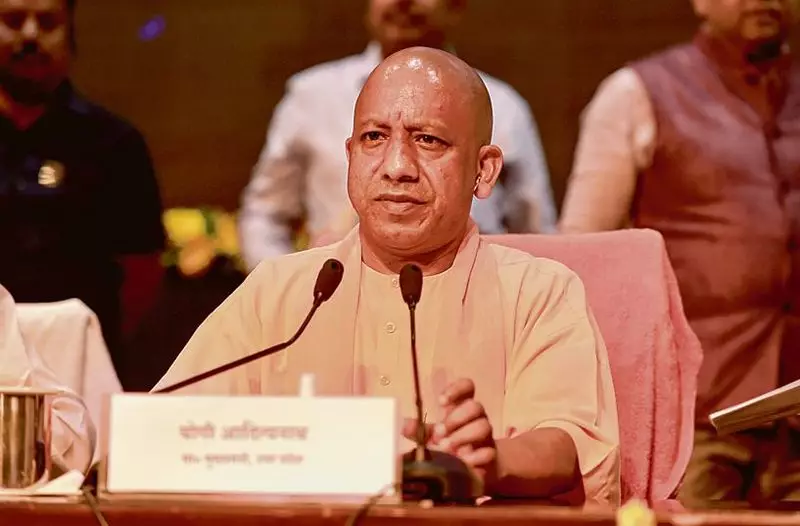
Uttar Pradesh Chief Minister Yogi Adityanath has made a powerful statement connecting opposition to the national song Vande Mataram with opposition to Mother India itself. The prominent BJP leader delivered these remarks during a significant public address in Lucknow, emphasizing the deep cultural and patriotic significance of the composition.
The Historical and Cultural Significance of Vande Mataram
During his speech, Adityanath highlighted the historical context of Vande Mataram, noting its origins from Bankim Chandra Chattopadhyay's novel Anand Math. He reminded the audience that the song served as a major source of inspiration for freedom fighters during India's struggle for independence from British colonial rule.
The Chief Minister pointed out that Vande Mataram was first sung at a Congress session in 1896, well before India gained independence. He emphasized how the song became a unifying force and a symbol of resistance against colonial oppression, with countless revolutionaries drawing courage from its verses during the freedom movement.
Contemporary Relevance and Political Implications
Adityanath addressed current political debates surrounding national symbols, stating that those who oppose Vande Mataram are essentially opposing the very concept of Mother India. His comments come at a time when discussions about national identity and cultural heritage remain prominent in Indian political discourse.
The Uttar Pradesh CM criticized what he described as attempts to create unnecessary controversies around national symbols. He argued that such opposition reflects a mindset that doesn't align with national unity and pride. His speech underscored the importance of preserving and respecting national icons that have played crucial roles in India's history.
Adityanath's remarks carry significant weight given his position as chief minister of India's most populous state and his influence within the ruling Bharatiya Janata Party. The statement reinforces the government's stance on nationalistic issues and cultural preservation.
Broader Impact on National Discourse
The Chief Minister's comments are likely to influence ongoing conversations about patriotism and national identity in India. By directly linking opposition to Vande Mataram with opposition to the nation itself, he has framed the debate in stark terms that leave little room for middle ground.
This position aligns with the broader political narrative that emphasizes cultural nationalism and the protection of what many consider traditional Indian values. The speech comes as India continues to navigate complex discussions about its identity in the modern era while honoring its historical legacy.
Adityanath's statement has already generated significant discussion across political circles and media platforms, with supporters praising his firm stance on national pride and critics questioning the implications for diverse viewpoints within the country.
The event where these remarks were delivered attracted substantial public attention, reflecting the ongoing interest in issues of national symbolism and cultural politics in contemporary India. As the debate continues, Adityanath's words are likely to be referenced frequently in discussions about national unity and cultural preservation.






